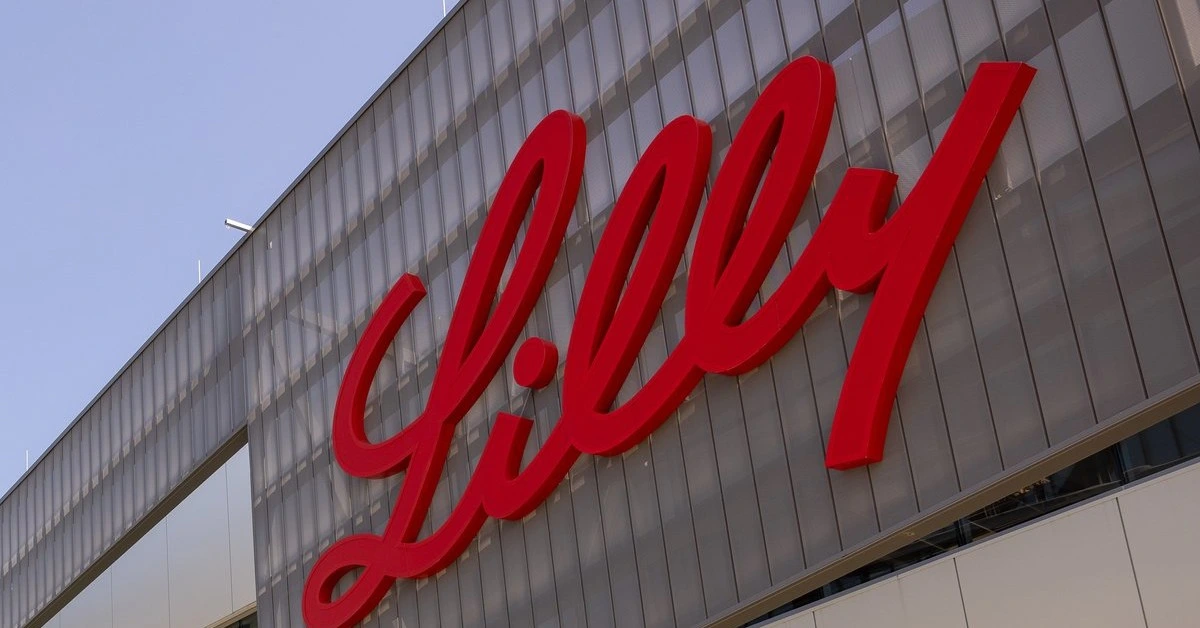
USA – Eli Lilly has invested US $3 billion to expand its manufacturing facility in Kenosha County, Wisconsin.
This investment is part of the company’s broader strategy to increase production capacity for injectable medicines, with a focus on diabetes and obesity treatments.
The expansion is expected to create 750 new skilled jobs, adding to the existing workforce of over 100 employees.
The expansion will also incorporate advanced automation technologies such as guided vehicles, robotics, and digital automation.
This expansion marks Lilly’s largest U.S. manufacturing investment outside of its home state of Indiana, according to Edgardo Hernandez, president of the company’s manufacturing operations.
The Kenosha County site will play a pivotal role in enhancing Lilly’s capacity to manufacture both its current and future drug pipeline.
Along with the production of injectable medicines, the investment will support device assembly and packaging across several therapeutic areas, strengthening Lilly’s presence in key markets.
The Wisconsin expansion is part of Lilly’s aggressive approach to scaling its manufacturing capabilities globally.
Since 2020, the company has committed over US $23 billion to expand and acquire manufacturing sites worldwide.
Including the US $3 billion investment in Wisconsin, the total planned investment in this facility reaches US $4 billion.
Lilly’s manufacturing expansion strategy is not limited to Wisconsin. Earlier in 2023, the company announced a US $5.3 billion investment to increase production at its Lebanon, Indiana, site, raising the total investment at the plant to US $9 billion.
This expansion is intended to boost production of tirzepatide, a drug marketed as Mounjaro for diabetes and Zepbound for weight loss. The facility is slated to begin producing medicines by late 2026.
Additionally, Lilly has committed US $1 billion to expand its manufacturing site in Ireland, focusing on biologic active ingredients and the production of Kisunla, its newly approved Alzheimer’s disease treatment.
The company also announced plans to invest US $2.5 billion to build a new manufacturing facility in Alzey, Germany.
The Alzey site will support the increasing demand for Lilly’s diabetes and obesity treatments, including tirzepatide, which is experiencing strong sales but also supply delays due to surging demand.
The expanding demand for diabetes and obesity treatments, particularly for GLP-1 receptor agonists like tirzepatide, has led to increased competition.
For instance, Novo Nordisk, a key competitor in the cardiometabolic disease space, is also ramping up its manufacturing capacity.
The company recently announced plans to invest around US $409 million in expanding production facilities in Denmark to meet the growing demand for its semaglutide products, including Ozempic and Wegovy.
XRP HEALTHCARE L.L.C | License Number: 2312867.01 | Dubai | © Copyright 2025 | All Rights Reserved